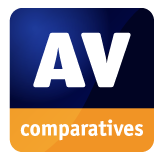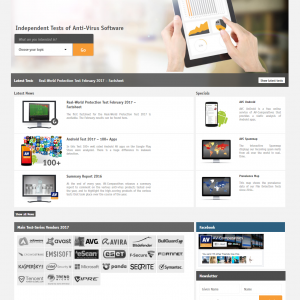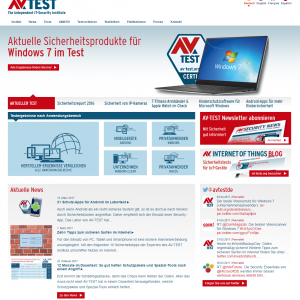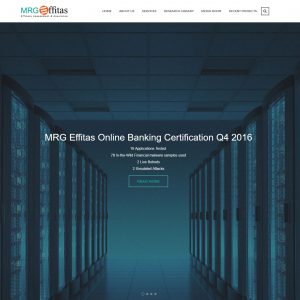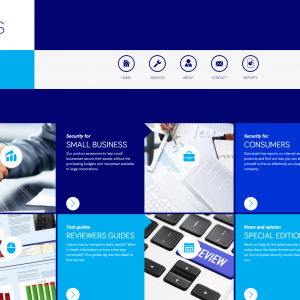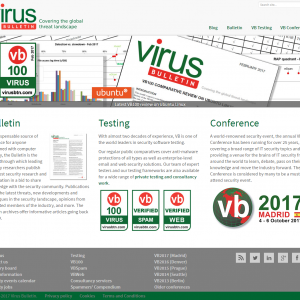AV-Comparatives conducts a variety of tests, to ensure that all aspects of security solutions are covered. Each test report contains details of the aim of the test, methods and sample sizes used. We also intend to publish an overview of our test results, with guidelines for readers to help them understand which tests may be most relevant to their own particular requirements.
We would suggest that readers should read the description of each test (by whichever testing institute) carefully and try to understand which aspects are being evaluated, and also bear in mind things like the type of malware being used in the test, the sample size, the used product versions, etc. This may help to explain why a product gets good marks on one test by a particular institute, but bad marks on a different test by the same institute; also why a product scores well in a test by one institute, but badly in an apparently similar test by a different institute.
Independent Testing Organizations
There are several security-product testing organizations around the world. The services they provide are useful not only for the users of the software, but also for the manufacturers. Very often, independent testing labs are used by security software vendors as an additional, external quality assessment lab, in order to find bugs and see in which areas further improvements are needed. Below we have provided a (non-exhaustive) list of testing labs that we consider to be noteworthy. The list is not meant as an endorsement, but more as a reference to alternative sites.
